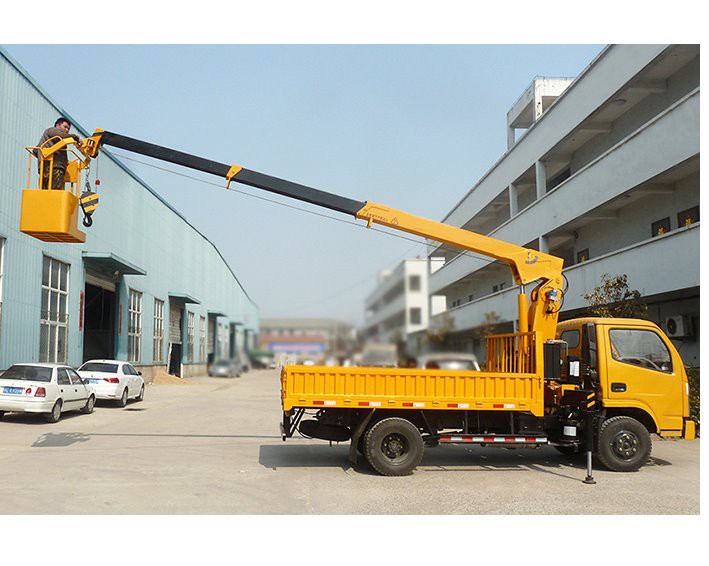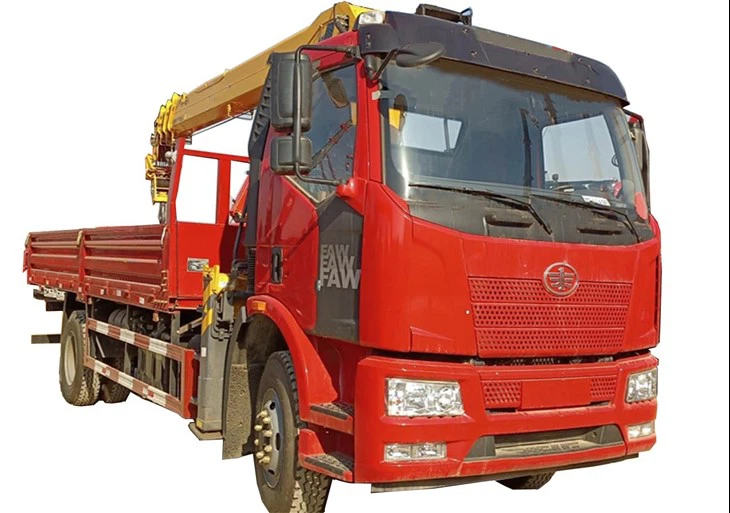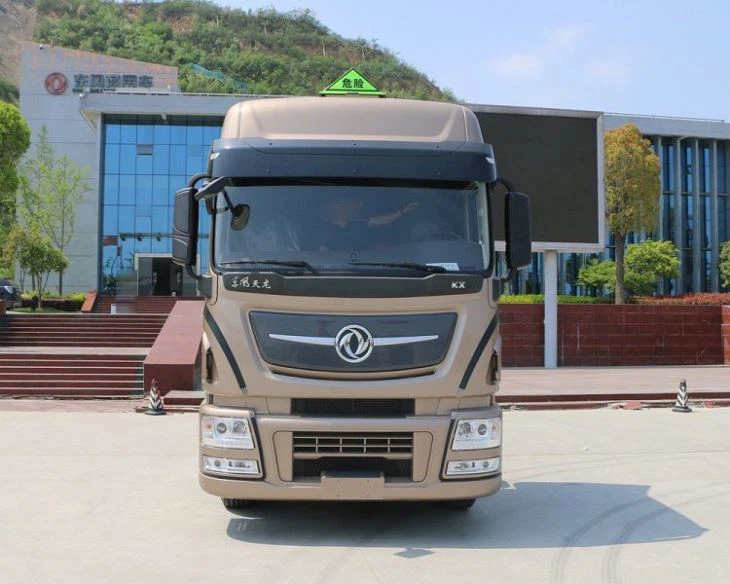When we think about waste management, it’s easy to overlook the vital role garbage trucks play in keeping our communities clean and safe. However, many people are curious about the costs associated with these essential vehicles. In this article, we will explore the question: how much is a garbage truck? We will break down various types, factors that influence the costs, and provide practical examples, tips, and frequently asked questions.
Understanding Garbage Trucks
What Is a Garbage Truck?
A garbage truck is a specialized vehicle equipped to collect, transport, and dispose of waste. These trucks are designed to handle the significant weight and volume of trash, with various designs tailored for specific waste management tasks. Typically, garbage trucks include features like hydraulic compactors, containers, and sometimes specialized loading systems.
Types of Garbage Trucks
Garbage trucks come in various types, each serving different purposes in waste management. The cost of a garbage truck often depends on its type, specifications, and capabilities.
1. Rear-Loader Garbage Trucks
Rear-loader trucks are popular for residential waste collection. They have a loading area at the back where workers can manually or automatically dump waste into the truck. The average cost for a new rear-loader garbage truck ranges from $150,000 to $250,000.
2. Front-Loader Garbage Trucks
Front-loader trucks are primarily used for commercial waste collection. They feature a hydraulic arm that lifts dumpsters from the front and dumps the waste into the truck. The cost can vary from $200,000 to $300,000 depending on the model and configuration.
3. Side-Loader Garbage Trucks
Side-loader trucks are designed for automated residential waste collection. They allow collection without the driver exiting the vehicle. These trucks typically cost between $200,000 and $300,000.
4. Roll-Off Trucks
Roll-off trucks are used for transporting large containers for construction debris or bulky waste. The cost of a roll-off truck usually ranges from $100,000 to $200,000.
5. Compression Trucks
Compression trucks use hydraulic systems to compact waste, allowing them to hold more trash. These trucks can range from $200,000 to $350,000, depending on their size and capabilities.
Factors Influencing Garbage Truck Prices
1. Size and Capacity
The size of a garbage truck significantly impacts its price. Larger trucks with a higher capacity can carry more waste and are typically more expensive.
2. Type of Waste Collection
The design of the truck according to its waste collection method also influences the price. Automated trucks may cost more due to advanced technology.
3. Brand and Model
Like any vehicle, the brand and model will affect the price. Well-known manufacturers often charge a premium for their products due to brand reliability.
4. New vs. Used Trucks
The decision to buy a new or used garbage truck will greatly influence the overall cost. Used trucks may save money, but they might require more maintenance.
5. Customizations and Add-Ons
Any additional features or customizations will increase the overall cost of a garbage truck. Options may include more efficient engines, specialized lifts, or additional compartments for recycling.
Examples of Garbage Truck Prices
| Type of Garbage Truck | Price Range |
|---|---|
| Rear-Loader Garbage Truck | $150,000 – $250,000 |
| Front-Loader Garbage Truck | $200,000 – $300,000 |
| Side-Loader Garbage Truck | $200,000 – $300,000 |
| Roll-Off Truck | $100,000 – $200,000 |
| Compression Truck | $200,000 – $350,000 |
Financing and Leasing Options
1. Purchasing a Garbage Truck
When purchasing a garbage truck outright, it’s essential to consider financing options. Many manufacturers offer financing programs tailored for municipal and private buyers, which can help ease the financial burden.
2. Leasing a Garbage Truck
Leasing is another option for waste management companies. This allows businesses to use a truck without the hefty upfront costs, while still benefiting from the latest technology. Monthly payments are often more manageable compared to buying.
Maintaining a Garbage Truck
Importance of Regular Maintenance
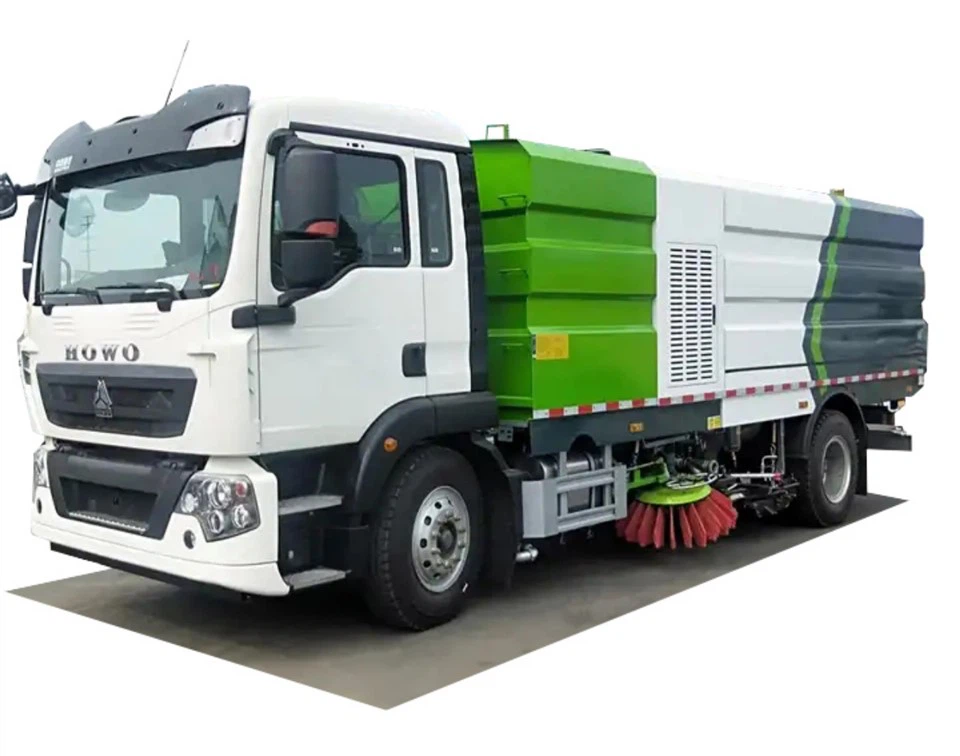
Owning a garbage truck requires a commitment to regular maintenance. Poor maintenance can lead to costly repairs, decreased efficiency, and even safety issues.
Common Maintenance Practices
- Regular oil changes
- Inspecting and replacing filters
- Checking hydraulic systems
- Tire rotation and pressure checks
- Cleaning and servicing moving parts
Environmental Impact of Garbage Trucks
Impact on Emissions
Traditional garbage trucks can be significant contributors to air pollution. However, many manufacturers are developing eco-friendly options, such as compressed natural gas (CNG) and electric trucks, which produce fewer emissions.
Reducing Carbon Footprint
Investing in green technologies not only reduces harmful emissions but can also lead to long-term savings. Learning about alternative fuels and electric models can help companies boost their sustainability efforts.
Where to Purchase Garbage Trucks
1. Manufacturer Dealers
Purchasing directly from the manufacturer is often the safest option, ensuring quality and support. Major garbage truck manufacturers include:
- McNeilus
- Peterbilt
- Freightliner
- International
2. Used Truck Dealers
For budget-conscious buyers, used truck dealers can offer significantly lower prices. Ensure to check for proper certifications and maintenance records to avoid hidden issues.
3. Online Auctions and Marketplaces
Websites like eBay, TruckPaper, or GovDeals can be a source of bargain deals, but they require thorough vetting before making a purchase.
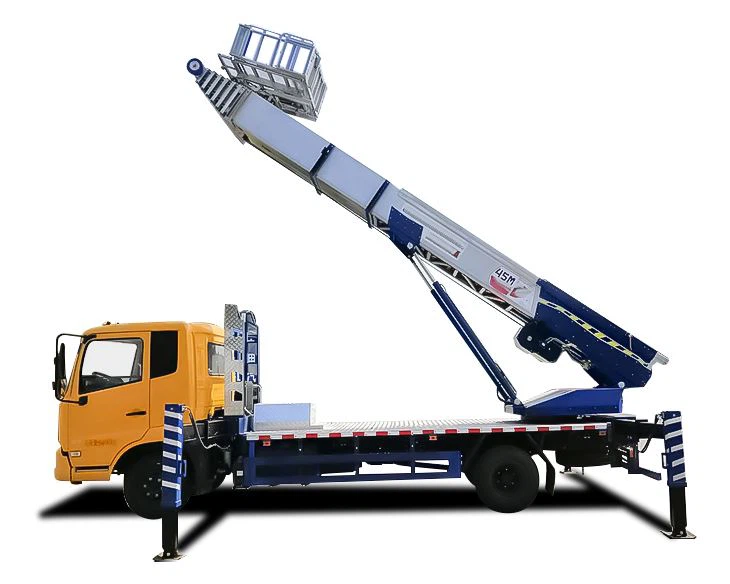
Frequently Asked Questions
1. How long does a garbage truck last?
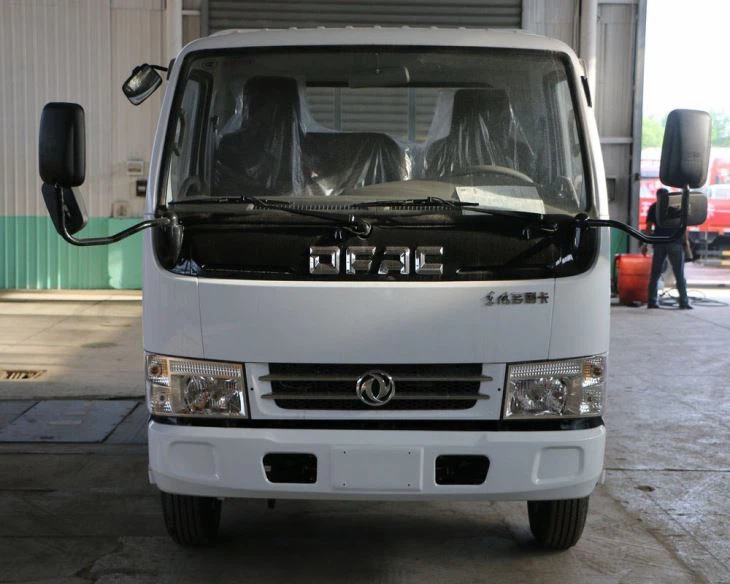
Typically, a well-maintained garbage truck can last between 10 to 15 years, depending on usage and maintenance practices.
2. What fuel types are garbage trucks using?
Garbage trucks primarily run on diesel, but there are increasing models available that use compressed natural gas (CNG) or electricity.
3. Are there financing options available for garbage trucks?
Yes, many manufacturers offer financing options, and leasing is also a common practice in the waste management industry.
4. How often should garbage trucks be serviced?
Garbage trucks should undergo servicing every 6 to 12 months, depending on usage, to maintain optimal performance and safety.
5. Can garbage trucks be environmentally friendly?
Yes, by investing in CNG, electric models, and other technologies, garbage trucks can significantly reduce emissions and lower their environmental impact.
6. What are the key features to look for in a garbage truck?
When purchasing a garbage truck, consider features like size, fuel type, loading mechanism, and maintenance history.

